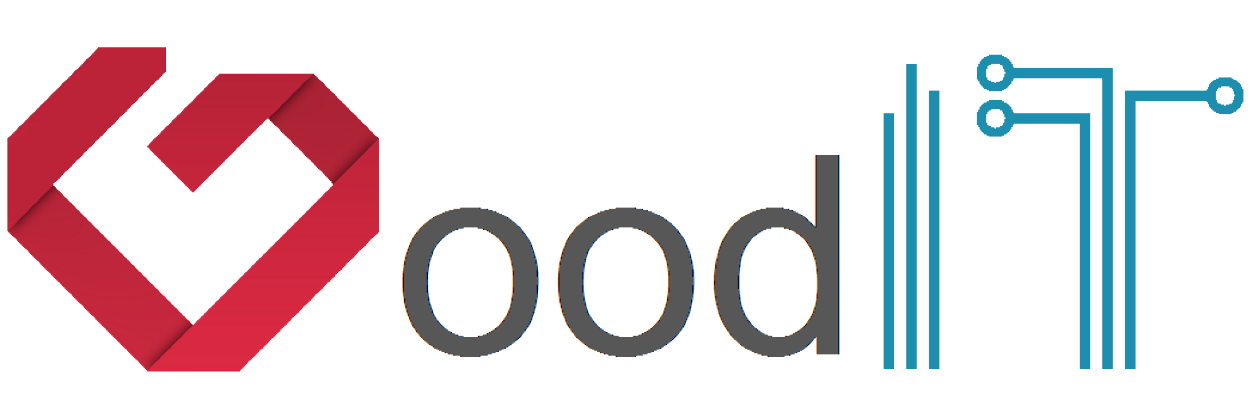About GoodIT
GoodIT will focus on the application of IT technologies to social good. Social good is typically defined as an action that provides some sort of benefit to the general public. In this case, Internet connection, education, and healthcare are all good examples of social goods. However, new media innovations and the explosion of online communities have added new meaning to the term. Social good is now about global citizens uniting to unlock the potential of individuals, technology, and collaboration to create positive societal impact.
About SIGCAS and ACM
The GoodIT conference is sponsored by ACM SIGCAS, the Association for Computing Machinery’s Special Interest Group on Computers & Society. Founded in 1947, ACM is the world’s first educational and scientific computing society. Today, ACM serves a membership of more than 80,000 computing professionals in more than 100 countries in all areas of industry, academia, and government.
SIGCAS is the ACM Special Interest Group that addresses the social and ethical consequences of widespread computer usage. SIGCAS’ main goals are to raise awareness about the impact that technology has on society, and to support and advance the efforts of those who are involved in this important work..
Our members are computer professionals from both industry and academia, as well as ethicists, psychologists, sociologists and others. We welcome students from a variety of disciplines. Our areas of involvement include computer ethics, universal access to computer technology, security, privacy, and reliability. We collaborate with other ACM bodies that are engaged in related work, such as COPE, USACM, SIGITE and SIGCSE.
About the ACM Privacy policy:
The Association for Computing Machinery (“ACM”, “we”, “us” or “our”) is committed to protecting the privacy of its members and other individuals with whom it interacts. More details can be found here: www.acm.org/privacy-policy.
About the handling of conflicts of interest
In GoodIT we will strive to avoiding circumstances that would lead to a reasonable person believing there might be some biased processes or results. As general guidelines, and based on the indications offered by the “Conflict of Interest Policy for ACM Publications” when determining what to do, GoodIT Organizing Committee will:
- Use common sense
- Disclose any potential conflicts
- Consult with others not involved with the current instance
A “conflict of interest” occurs when a person’s objective judgment is — or is perceived by a reasonable observer to be — compromised by an existing relationship, affiliation, or connection to a person whose work they must evaluate. The GoodIT Organizing Committee will make its best to avoid situations where such relationships may alter the review process, in particular focussing on:
- Notable personal or professional rivalry/animosity (publicly known or not)
- Personal or family relationships that would reasonably cause others to doubt impartiality.
- Potential for financial gain or significant recognition, personally or for a close associate or family member
About the Anti-Harassment Policy
SIGCAS Welcomes and Embraces Everyone. In keeping with the ACM Anti-Harassment Policy SIGCAS advocates the following:
- The open exchange of ideas and the freedom of thought and expression are central to the aims and goals of the ACM SIGCAS Organization and its sponsored conferences; these require an environment that recognizes the inherent worth of every person and group, that fosters dignity, understanding, and mutual respect, and that embraces diversity. The ACM Code of Ethics embraces the “values of equality, tolerance, respect for others, and the principles of equal justice”. For these reasons, the ACM SIGCAS Organization and its sponsored conferences are dedicated to providing a harassment-free conference experience.
- Harassment is unwelcome or hostile behavior, including speech that intimidates, creates discomfort, or interferes, in an ACM SIGCAS Organization event. Harassment in any form, including but not limited to harassment based on race, gender, religion, age, color, national origin, ancestry, disability, sexual orientation, or gender identity, will not be tolerated. Harassment includes the use of gratuitous language or sexual imagery in public presentations and displays, degrading verbal comments, deliberate intimidation, stalking, harassing photography or recording, inappropriate physical contact, and unwelcome sexual attention.
- Conference participants violating these standards may be sanctioned, expelled from the conference or asked not to attend future conferences or conference events, at the discretion of the conference organizers and the SIG executive committee.
- If you believe you have been harassed or notice that someone else is being harassed, or have any other concerns, you are encouraged to report the incident in confidence to either of the conference chairs.
- Offensive Material. SIGCAS reserves the right to reject any material that we find offensive or inappropriate, such as politically charged material, and will not refund any expenses incurred.
Sponsored by ACM SIGCAS
